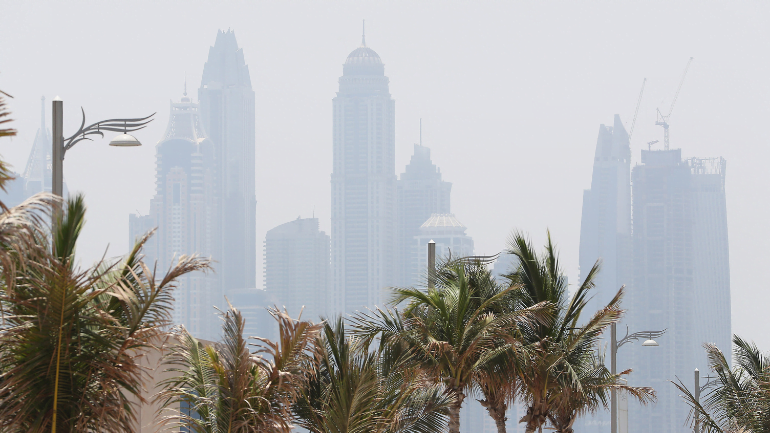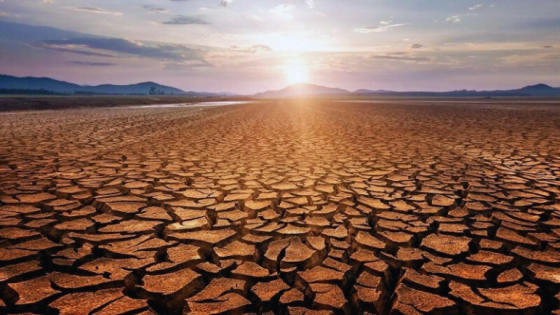Contents
The United Arab Emirates (UAE) is famous for its hot and arid climate, with high temperatures that can sometimes feel unbearable. However, in addition to the scorching heat, the humidity levels in UAE can also contribute to discomfort and pose challenges for residents and tourists alike. In this article, we will explore the factors affecting humidity levels in UAE, the impact it has on daily life, and some tips to cope with it.
Humidity levels in UAE overview
Humidity refers to the amount of water vapor present in the air. It plays a significant role in determining how comfortable or uncomfortable the weather feels. The UAE experiences a predominantly arid climate, meaning it has very low average annual rainfall. However, due to its coastal location and proximity to the Arabian Gulf, the country is also subject to high levels of humidity.
During the summer months, temperatures in the UAE often surpass 40 degrees Celsius (104 degrees Fahrenheit). When combined with high humidity, it can make the weather feel even hotter, leading to excessive sweating and discomfort. The humidity level is expressed as a percentage, with a higher percentage indicating a greater amount of moisture in the air.
Read more: Extreme Weather Events in UAE
Factors affecting humidity levels

The humidity in the UAE is influenced by several factors, including proximity to large bodies of water, prevailing wind patterns, and seasonal changes. The Arabian Gulf and the Arabian Sea play a significant role in supplying moisture to the atmosphere, especially during the summer months. The humid air from these bodies of water is then carried by the wind towards the shores of the UAE, increasing the humidity levels in coastal areas such as Dubai and Abu Dhabi.
Furthermore, the UAE experiences different wind patterns throughout the year, which also affects humidity levels. During the summer season, the country is generally influenced by hot and dry winds originating from the central Arabian Peninsula, which can cause a decrease in humidity levels. Conversely, during winter, cooler and moister winds blow from the northwest, leading to a rise in humidity levels.
Read more: Impact of Global Warming on UAE
Impact of humidity levels in UAE on daily Life
High humidity levels in UAE have a significant impact on various aspects of daily life. One of the most noticeable effects is the discomfort it causes, particularly when combined with high temperatures. The excessive sweating and stickiness can make outdoor activities challenging and can affect productivity and overall mood.
Furthermore, high humidity levels can also lead to health issues. Prolonged exposure to hot and humid conditions can cause dehydration, heat exhaustion, and even heatstroke. It is essential to stay hydrated and take necessary precautions, such as seeking shade and avoiding direct exposure to the sun during the hottest hours of the day.
Read more: UAE Weather Patterns
Tips to Cope with High Humidity

While it may be impossible to control the weather, there are 6 measures that can help individuals cope with the high humidity levels in UAE:
- It is crucial to stay hydrated by drinking plenty of water throughout the day.
- Avoiding excessive caffeine and alcohol consumption is also recommended, as they can contribute to further dehydration.
- Plan outdoor activities during early morning or late evening hours when temperatures and humidity levels are relatively lower.
- Wearing light and breathable clothing made from natural fibers can also help in keeping the body cool and comfortable.
- Investing in efficient air conditioning systems and dehumidifiers can significantly improve indoor comfort levels.
- Control the temperature and humidity inside homes, offices, and cars provides relief from the stifling heat and humidity.
What is normal humidity in UAE?
Between 50% and 60%.
Does UAE have high humidity?
Yes, UAE does have high humidity, particularly during the summer months. The humidity levels in UAE can often be quite high, reaching 80-90% or even higher in coastal areas. This high humidity in combination with high temperatures, can make the weather feel extremely hot and uncomfortable.
In conclusion, the humidity levels in UAE are influenced by various factors such as proximity to water bodies, wind patterns, and seasonal changes. While the high humidity levels can make the already scorching temperatures feel even hotter, there are ways to cope with it. Staying hydrated, planning outdoor activities wisely, and investing in effective cooling systems are some of the strategies that can help combat the discomfort caused by humidity. By understanding and adapting to these unique weather conditions, residents and tourists can better enjoy their time in the UAE while minimizing the impact of humidity on their daily lives.













